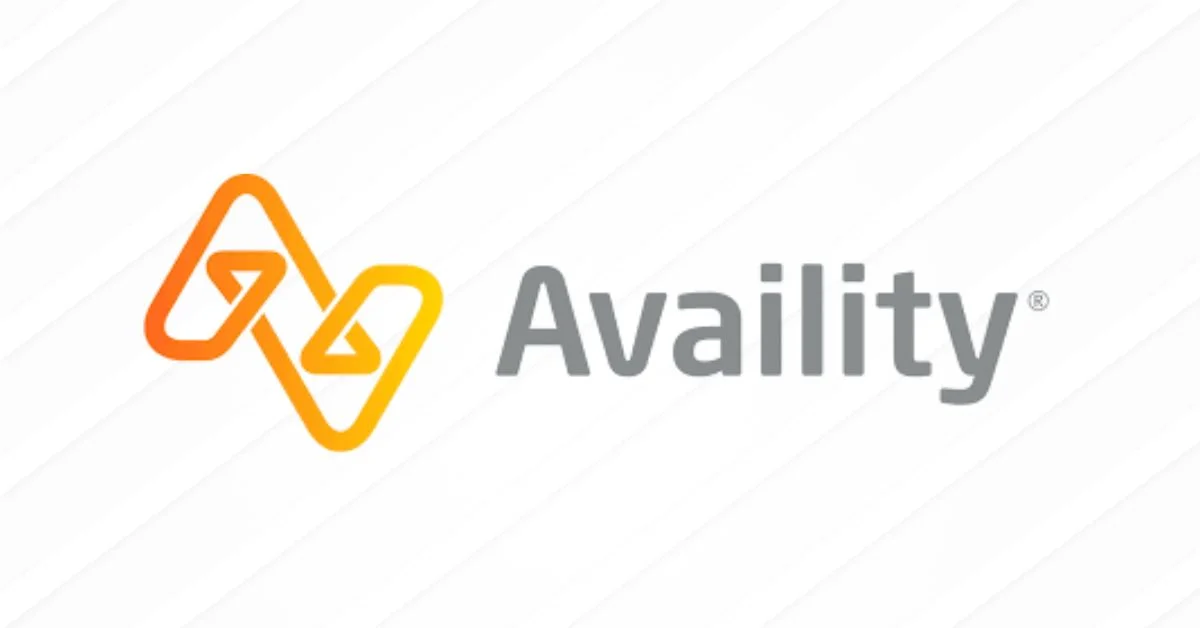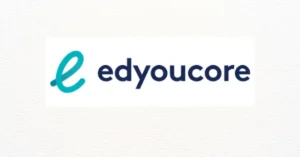In the labyrinthine world of healthcare administration, few processes are as critical—and often as opaque—as revenue cycle management (RCM). From the moment a patient schedules a visit to the final insurance reimbursement, a vast web of data, codes, compliance checks, and claims transactions determine how care gets funded. At the center of efforts to bring clarity, efficiency, and accountability to this web is Availity RCM.
Known for its role in improving payer-provider communication, Availity has built a reputation as a health information network that streamlines workflows and enhances operational resilience. With Availity RCM (Revenue Cycle Management), the company goes further—embedding smart technology into every link of the revenue cycle to close gaps, reduce denials, and optimize collections.
This feature-length article explores how Availity RCM is reshaping the healthcare finance landscape, what distinguishes it from other platforms, and why its impact extends beyond billing departments to patient satisfaction and institutional solvency.
What Is Revenue Cycle Management—and Why It’s Broken
RCM is the financial backbone of healthcare. It encompasses the administrative and clinical functions that capture, manage, and collect patient service revenue. Ideally, it’s seamless. In practice, it’s rife with friction:
- Inaccurate patient information leads to rejected claims
- Inconsistent eligibility verification stalls treatment
- Coding errors prompt costly rework
- Payer rules change faster than providers can adjust
The result? Billions in lost revenue, patient confusion, and provider burnout. Availity RCM offers a digital fix—not by replacing staff, but by augmenting their efficiency.
Availity at a Glance
Founded in 2001, Availity began as a joint venture between several major health insurers. Its mission: improve data exchange between payers and providers. Today, Availity’s network connects thousands of practices and hospitals with virtually every major U.S. health plan.
The Availity RCM suite builds on this network, offering a unified interface for managing key financial and administrative workflows in real time.
Core Features of Availity RCM
1. Real-Time Eligibility Verification
Before a patient is seen, Availity RCM checks their insurance status, coverage limits, copay details, and deductible balances—instantly. This prevents:
- Surprise bills
- Coverage misunderstandings
- Time wasted on follow-up calls
2. Claims Management Dashboard
From submission to reimbursement, providers can:
- Track claims by status and aging bucket
- Flag issues for correction
- Automate clean claims submissions
This reduces denial rates and accelerates cash flow.
3. Coding and Compliance Assistance
Availity RCM integrates with coding tools that help:
- Suggest correct CPT and ICD-10 codes
- Spot documentation gaps
- Ensure compliance with payer rules
This minimizes rejections and audit risk.
4. Patient Cost Estimator
Transparency is key. The platform can estimate out-of-pocket costs based on insurance and procedure codes—empowering patients to plan better and avoid sticker shock.
5. Remittance and Reconciliation Tools
Once claims are paid, remittances are matched to invoices. Availity RCM reconciles payments, flags underpayments, and creates audit trails for:
- Contract variance analysis
- Patient balance transfer
- Secondary billing workflows

A Data-Driven Approach to RCM
What makes Availity RCM unique is its data fluency. Sitting at the intersection of payers and providers, it aggregates insights from billions of transactions. This gives users:
- Predictive analytics on denial trends
- Benchmarking tools by region or specialty
- Custom reports for board-level strategy
By learning from historical data, the system evolves—making revenue cycles not only faster but smarter.
Integration Without Disruption
In healthcare, tech solutions must fit into complex IT ecosystems. Availity RCM is designed to:
- Integrate with EHRs and practice management software
- Support FHIR and HL7 interoperability
- Offer APIs for custom extensions
This means facilities don’t need to overhaul their systems to benefit from Availity’s tools—they can build on what they already have.
Use Cases Across Provider Types
Large Health Systems
- Consolidate billing operations across departments
- Create system-wide visibility for CFOs
- Reduce A/R days and cost-to-collect
Small Practices
- Automate tasks typically handled manually
- Focus more on care, less on paperwork
- Improve patient satisfaction through faster billing resolution
Specialty Clinics
- Customize templates for high-volume procedures
- Track payer-specific nuances (e.g., prior auth needs)
- Navigate complex payment models (e.g., bundled payments)
The Patient Experience: A Financial Journey
RCM isn’t just a back-office function. For patients, it defines how they experience the financial side of care:
- Are they told upfront what they owe?
- Do they receive accurate, timely bills?
- Can they easily make payments online?
Availity RCM supports patient-facing portals that allow:
- Online billing access
- Payment plans
- Real-time chat for billing questions
In an age of consumer-driven healthcare, this is not a luxury—it’s a necessity.
Challenges and Realities
Even the best RCM systems face hurdles:
- Payer Complexity: Constant rule changes require constant updates.
- Workforce Training: Technology is only effective if users are equipped to leverage it.
- Change Management: Shifting from legacy processes requires buy-in at every level.
Availity addresses this with on-demand training, knowledge bases, and dedicated support channels.
Compliance and Security
Healthcare data is among the most regulated. Availity RCM ensures:
- HIPAA-compliant infrastructure
- Role-based access controls
- Audit logs for every user action
The platform also supports SOC 2 Type II certifications and regular third-party audits.
Return on Investment
Clients adopting Availity RCM report:
- 20–40% decrease in denial rates
- 25% reduction in A/R aging over 90 days
- 10–15% increase in patient collections
For CFOs and revenue managers, this isn’t just a software cost—it’s a strategic investment.
Looking Ahead: The Future of RCM
Availity is exploring:
- AI-driven denial prevention before claims even leave the practice
- Blockchain audit trails for transparency in contract compliance
- Embedded financial counseling tools for providers to guide patients
RCM is no longer about catching errors after they happen. It’s about building systems that anticipate them.
Final Thoughts
In the evolving world of healthcare, where margins are thin and patient expectations are high, the revenue cycle can be either a source of friction—or a strategic asset. Availity RCM makes a compelling case for the latter.
By uniting smart automation, real-time data, and interoperable design, it redefines what billing systems can be: transparent, efficient, and ultimately, human-centered.
As health systems face a future defined by value-based care, digital transformation, and patient empowerment, platforms like Availity RCM won’t just support the change. They’ll shape it.
For more information, click here.









